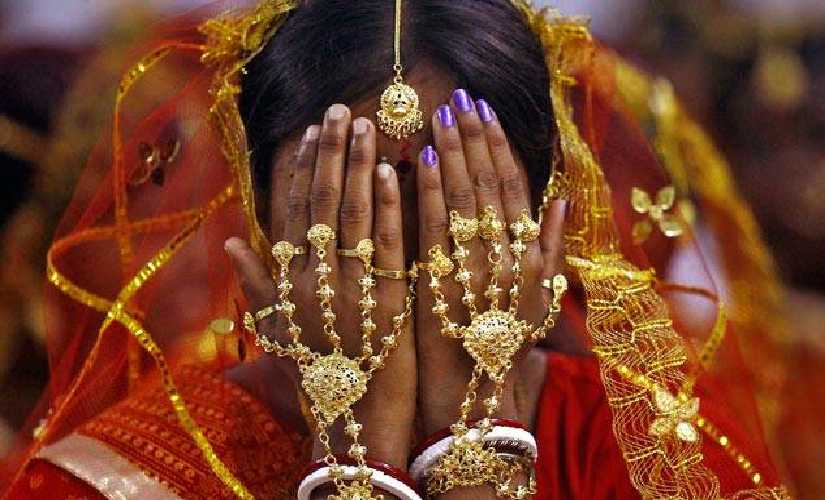- About
- Topics
- Picks
- Audio
- Story
- In-Depth
- Opinion
- News
- Donate
- Signup for our newsletterOur Editors' Best Picks.Send
Read, Debate: Engage.
| topic: | Women's rights |
|---|---|
| located: | India |
| editor: | Tish Sanghera |
As the Delhi High Court heard a case on the issue of marital rape this week, a new hashtag began trending on Indian twitter: #MarriageStrike.
It’s not that women are striking the institution of marriage (and the particularly rigid patriarchal structures that have left Indian women some of the most disenfranchised and discriminated groups in the world). Rather, some Indian men are currently ‘on strike’, protesting against the possible criminalisation of marital rape.
Under current Indian law, if a man has non-consensual sex with his wife, this is not deemed rape and he is immune from prosecution. This is because the Indian Penal Code currently assumes that all sex within a marriage is inherently consensual and includes an exemption stating: “sexual intercourse or sexual acts by a man with his own wife, the wife not being under eighteen years of age, is not rape.” Indeed, India is among the 36 countries where marital rape is not currently considered a crime.
So why are some men protesting against the possible removal of the marital rape exemption? According to certain men’s rights activists, they fear women could use the newly criminalised act to harass men and bring false criminal cases against them. Indeed, even the Union government, who is defending the petition against marital rape, fears it could become a phenomenon that may destabilise the “institution of marriage” and an easy tool for “harassing the husbands,” reported The Wire.
To understand the roots of this argument, one must consider why the colonial-era law exempting marital rape was originally drafted in such a way. The first reason is that when a woman marries a man, she gives her ‘consent in perpetuity’, which is irrevocable. The second is the ‘expectation of sex’ - in other words, the purpose of marriage is procreation and women are duty-bound to fulfill this obligation. Under both premises, women are understood to be the property of men and therefore lack agency as individuals outside the family unit.
In India’s deeply patriarchal society, the issue of outlawing marital rape has thus become a feminist issue, with men who see marriage as a lifelong promise of sexual intercourse feeling threatened by a change to the status quo. “Govt [sic] has made Men 2nd Class Citizens,” tweeted the Save India Family Foundation (a men’s rights group) this week, stating that they had called for the marriage strike.
In response, women have replied with dry bemusement. Kavita Krishnan, secretary of the All India Progressive Women’s Association tweeted: “I strongly hope that men who are going on #MaritalStrike remain on strike forever. They are not safe for any woman to be married to. Anyone who thinks consent has no place in a marriage, should never marry.”
Photo by Alain Bonnardeaux

